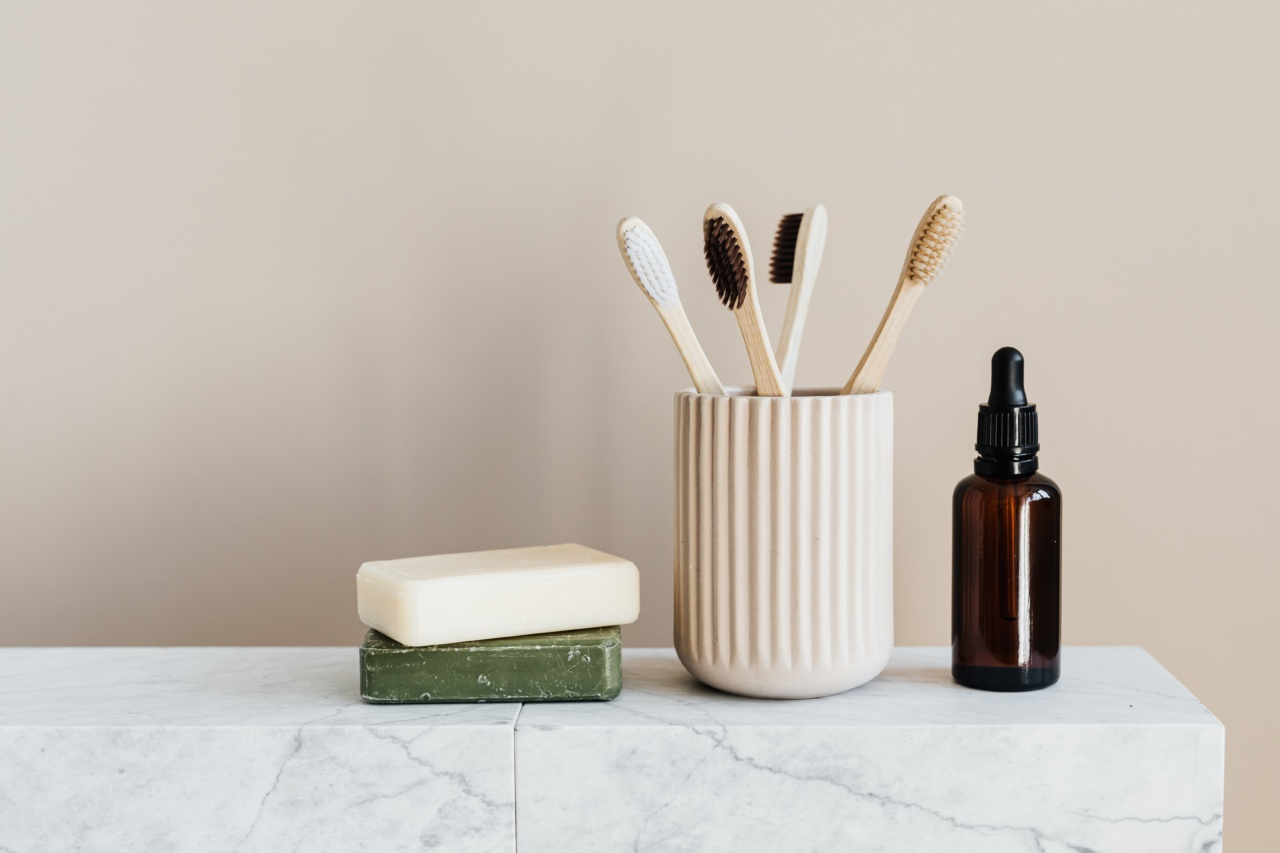Sweating is a natural process that helps regulate body temperature and keep us cool. However, excessive sweating, also known as hyperhidrosis, can be uncomfortable and embarrassing.
It can affect various parts of the body, including the armpits, hands, feet, and face. If you’re tired of dealing with excessive sweating, here are some simple practices that can help you reduce it:.
1. Wear Loose and Breathable Clothing
The type of clothing you wear can greatly impact how much you sweat. Tight and synthetic fabrics trap heat and moisture, leading to increased sweating. Opt for loose, light-colored clothes made from natural fibers such as cotton or linen.
These fabrics allow air circulation and quick evaporation of sweat, reducing sweat production.
2. Use Antiperspirants
Antiperspirants are effective in reducing excessive sweating by blocking the sweat ducts in the skin. Choose antiperspirants that contain aluminum chloride or aluminum chlorohydrate as active ingredients, as they are proven to be the most effective.
Apply them to clean, dry skin before going to bed to allow maximum absorption.
3. Maintain Proper Hygiene
Good personal hygiene is crucial in managing excessive sweating. Bathe regularly using antibacterial soap to keep the skin clean and free from odor-causing bacteria. Focus on areas prone to excessive sweating, such as the armpits, feet, and groin.
Dry your skin thoroughly before getting dressed, as dampness can exacerbate sweating.
4. Choose the Right Footwear
If you suffer from excessive foot sweating, wearing the right footwear can make a significant difference. Opt for shoes made from breathable materials such as leather or canvas, as they allow air circulation and reduce sweat buildup.
Consider using moisture-absorbing insoles or foot powders to keep your feet dry throughout the day.
5. Manage Stress Levels
Stress and anxiety can trigger excessive sweating. Learning to manage stress through relaxation techniques such as deep breathing exercises, meditation, or yoga can help reduce overall sweating.
Engaging in regular physical exercise can also be beneficial in managing stress and keeping sweat production in check.
6. Avoid Triggers
Identify any triggers that may cause excessive sweating and try to avoid them. Common triggers include spicy foods, caffeine, alcohol, and tight clothing.
By eliminating or minimizing exposure to these triggers, you can reduce the frequency and intensity of excessive sweating episodes.
7. Stay Hydrated
Drinking plenty of water has numerous benefits, including regulating body temperature and preventing dehydration. When your body is adequately hydrated, it doesn’t need to sweat excessively to cool down.
Aim to drink at least 8 glasses of water per day to keep your body hydrated and prevent excessive sweating.
8. Use Sweat-Resistant Powders
Sweat-resistant powders or talcum powder can help keep your skin dry and prevent excessive sweating. Apply them to areas prone to increased sweating, such as the underarms, groin, or feet.
These powders can absorb excess moisture and reduce the risk of sweat-induced discomfort or odor.
9. Cut Back on Spicy Foods
Spicy foods can stimulate sweat glands and lead to increased sweating. If you notice that consuming spicy foods exacerbates your excessive sweating, consider reducing your intake or avoiding them altogether.
Opt for milder alternatives to enjoy your meals without the side effect of excessive perspiration.
10. Consult a Healthcare Professional
If none of these practices provide sufficient relief, it may be time to seek medical advice. A healthcare professional can evaluate your condition, discuss potential treatment options, and recommend suitable approaches for reducing excessive sweating.
They may suggest medications, medical procedures, or lifestyle modifications tailored to your specific needs.






























